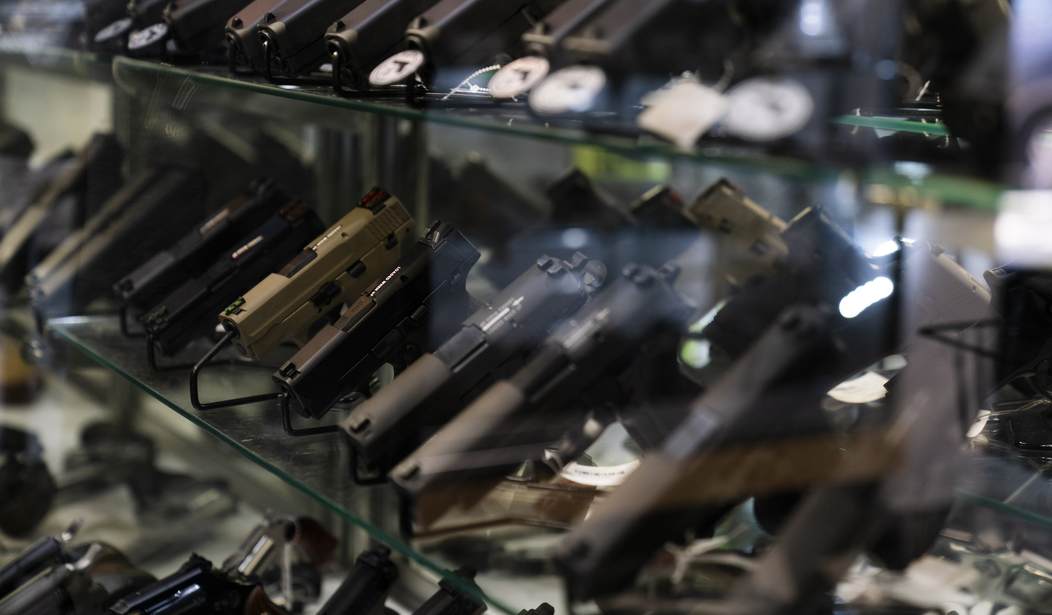Domestic abuse is a serious problem in this country and, probably, everywhere else, too. While some places seem to think that should be the norm, we don’t buy into that here, nor should we.
But the Supreme Court recently agreed to hear arguments on a Second Amendment case that involves a man prohibited from owning a gun under domestic abuse laws.
And the media is pushing that line hard.
The Supreme Court will decide the fate of a federal law barring gun possession by people who are subject to domestic-violence restraining orders. The Biden administration is appealing a ruling that declared the 1994 law unconstitutional.
The case, US v. Rahimi, will test the high court’s decision last year establishing a constitutional right to carry a handgun in public. The case revolves around Zackey Rahimi, who was indicted under the law after taking part in five shootings near Arlington, Texas, in 2020 and 2021. Rahimi was subject to a two-year restraining order secured by an ex-girlfriend he was accused of assaulting and threatening.
Now, Rahimi doesn’t appear to be a particularly good person.
However, the whole “domestic abuser” storyline is going to be pushed hard, but the problem is that he hasn’t been convicted or even indicted of any such thing.
Therein lies the problem.
See, the issue is that Rahimi was only under a restraining order for domestic violence. Under current law, he can’t lawfully possess a handgun. The problem with this is that there is a very different standard of proof required for a restraining order than a regular trial.
While restraining orders do tend to come with at least some degree of due process, the standard isn’t remotely akin to a trail. The courts use a lower standard of proof because, well, they’ve long operated under the idea of “better safe than sorry.” Telling someone to maintain some distance between themselves and the person accusing them just seems like a warranted precaution.
But no one has been convicted of anything.
The media will continue to spin this as to whether domestic abusers should be able to carry handguns, but the problem is that no one was convicted of domestic abuse. The distinction will be sorely lacking.
And that’s a problem.
See, the media doesn’t just report the facts like they pretend to claim. They sell spin, and in this case, the spin will be “domestic abuser.”
And I’m not saying Rahimi isn’t a domestic abuser. I don’t know the guy, nor do I care to.
What I’m saying is that this case is more about the principle than the person. Should someone who has only been accused of something, particularly when they’re not even facing charges for it, lose a constitutionally protected right simply because the judge found the accusation credible enough?
We don’t deny people’s right to speak freely or to worship as they see fit because a third party claims they’re bad people. We don’t take away someone’s right to vote for such things, either.
Gun rights aren’t second-class rights, but the media wants you to think that’s not remotely relevant.
Be ready going forward, because we’ll hear a lot about this.
Besides, I personally think that if domestic abuse is so bad that people who do it should lose their Second Amendment rights, then domestic violence charges should be felonies, then it doesn’t matter.








Join the conversation as a VIP Member